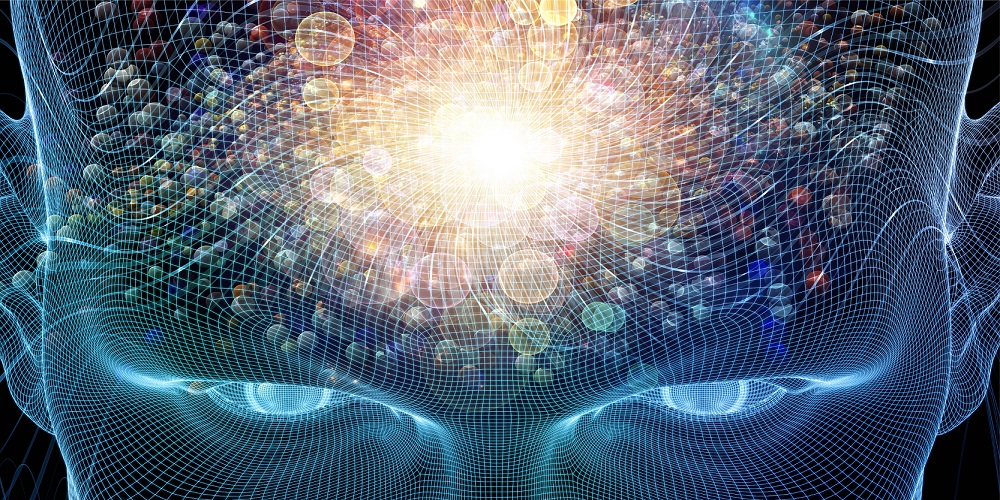Dr. Deepak Verma
MBBS, MD – Psychiatrist
Consult the Best Psychiatrist in Paschim Vihar, Delhi at HeadSpace Mind Clinic – Providing Trusted, Compassionate, and Professional Mental Health Care for Adults, Children, and Families Dealing with Depression, Anxiety, Stress, OCD, Relationship Issues, Sleep Disorders, and More in a Safe and Supportive Environment

About Dr. Deepak Verma

Dr. Deepak Verma is a highly qualified and compassionate psychiatrist serving the Delhi NCR region with over 12 years of experience in mental health care.
After completing his MBBS from a prestigious medical college, Dr. Deepak Verma pursued his MD in Psychiatry, specializing in evidence-based treatments for various mental health conditions.
At HeadSpace Neuro-Psychiatry Clinic in Paschim Vihar, West Delhi, Dr. Deepak Verma provides personalized care with a focus on collaborative treatment planning and long-term mental wellness.
"Mental health is not a destination, but a journey. My goal is to walk alongside my patients, providing expert guidance and compassionate support every step of the way."
— Dr. Deepak Verma
HeadSpace Neuro-Psychiatry Clinic
Your Sanctuary for Mental Wellness
Located in the heart of Paschim Vihar, West Delhi, HeadSpace Neuro-Psychiatry Clinic provides a safe, confidential, and welcoming environment for individuals seeking mental health support.
Our clinic is designed to help you feel comfortable from the moment you walk in, with private consultation rooms and a caring staff dedicated to your wellbeing.
We serve patients from across Delhi NCR, offering both in-person consultations and online telepsychiatry services for your convenience.
Paschim Vihar, West Delhi
Conveniently located with ample parking

Our Services
Comprehensive mental health care tailored to your unique needs
Psychiatric Consultation
Provides a thorough mental health evaluation, diagnosis, and a tailored treatment plan by a qualified psychiatrist.
Book Session Now | Call Now →Anxiety Treatment
Helps manage symptoms of excessive worry, panic attacks, and social anxiety using therapy and medication.
Book Session Now | Call Now →Deaddiction Treatment
Supports individuals struggling with substance abuse through detox, therapy, and relapse prevention.
Book Session Now | Call Now →Post-Traumatic Stress Disorder (PTSD)
Helps individuals recover from trauma, reduce flashbacks, and manage anxiety.
Book Session Now | Call Now →OCD Treatment
Addresses obsessive thoughts and compulsive behaviors through cognitive-behavioral therapy and medication.
Book Session Now | Call Now →Psychiatric Diagnosis
Comprehensive evaluation and accurate diagnosis of mental health conditions using evidence-based assessment tools.
Book Session Now | Call Now →Medication Management
Personalized medication plans with careful monitoring to ensure optimal results with minimal side effects.
Book Session Now | Call Now →Psychotherapy & Counseling
Various therapeutic approaches including CBT, interpersonal therapy, and supportive counseling for lasting change.
Book Session Now | Call Now →Depression & Anxiety Treatment
Effective treatment plans for mood disorders, anxiety disorders, panic attacks, and related conditions.
Book Session Now | Call Now →Child & Adolescent Psychiatry
Specialized care for young patients dealing with ADHD, behavioral issues, school problems, and emotional difficulties.
Book Session Now | Call Now →Stress Management
Strategies and techniques to cope with work stress, relationship issues, and life transitions.
Book Session Now | Call Now →Post-Traumatic Stress Disorder (PTSD)
Post-Traumatic Stress Disorder (PTSD) treatment helps individuals recover from trauma, reduce flashbacks, and manage anxiety.
Book Session Now | Call Now →Recommended Products
Quality mental health products curated by Dr. Deepak Verma

Our Mental Health Services
Comprehensive and personalized care to support your mental well-being.

Anxiety Treatment
Helps manage symptoms of excessive worry, panic attacks, and social anxiety using therapy and medication.

Deaddiction Treatment
Deaddiction Treatment supports individuals struggling with substance abuse through detox, therapy, and relapse prevention.

Post-Traumatic Stress Disorder (PTSD)
Post-Traumatic Stress Disorder (PTSD) treatment helps individuals recover from trauma, reduce flashbacks, and manage anxiety.

Deaddiction and Rehabilitation Treatment Center
Deaddiction and Rehabilitation Treatment Center provides comprehensive recovery programs, combining medical care, counseling, and support.

OCD Treatment
OCD Treatment addresses obsessive thoughts and compulsive behaviors through cognitive-behavioral therapy and medication.

Stress Management
Stress Management offers techniques such as mindfulness, therapy, and coping strategies to manage daily and chronic stress.

Autism Treatment
Autism Treatment focuses on improving communication, behavior, and social interaction through structured therapy and support.

Online Consultation / Therapy
Online Consultation / Therapy allows clients to receive professional psychiatric and therapeutic support remotely and conveniently.

Eating Disorder Treatment
Eating Disorder Treatment supports recovery from conditions like anorexia, bulimia, and binge-eating through therapy and nutritional guidance.

Depression Treatment
Depression Treatment helps individuals manage persistent sadness and low energy with counseling, therapy, and medication.

Alcohol De-Addiction Centre
Alcohol De-Addiction Centre offers detox, rehabilitation, and support services for individuals recovering from alcohol dependence.
Why Choose Dr. Deepak Verma?
Experience the difference of truly personalized psychiatric care
Expertise You Can Trust
MBBS, MD qualified psychiatrist with extensive training and 12+ years of clinical experience treating diverse mental health conditions.
Compassionate Care
Known for his warm, non-judgmental approach that puts patients at ease while addressing sensitive mental health concerns.
Personalized Treatment
Tailored treatment plans that consider your unique needs, lifestyle, and preferences for optimal results.

Our Patient-Focused Approach
Comprehensive Assessment
Thorough evaluation to understand all aspects of your mental health, including biological, psychological, and social factors.
Collaborative Planning
You're an active participant in your treatment plan, with open discussions about all available options.
Progress Tracking
Regular follow-ups to monitor your progress and make adjustments to your treatment as needed.
Ready to Take the First Step?
Your mental health journey begins with a simple conversation.
Online appointment booking available for your convenience
Location & Contact
HeadSpace Mind Clinic
BLOCK GH-14, 49, GH 14, Block GH 14, Paschim Vihar, Delhi, 110087
+91-85888 55540 | +91-99711 66040
drdeepakverma@gmail.com
Clinic Hours:
Saturday to Thrusday: 12:00 AM - 08:00 PM
Friday: Closed
Headspace Neuropsychiatry Clinic
B-5/35, Pocket B5, Sector 7, Rohini, New Delhi, Delhi 110085
+91-85888 55540 | +91-99711 66040
drdeepakverma@gmail.com
Clinic Hours:
Wednesday, Friday, Tuesday : 05:00 AM - 08:00 PM
Wednesday: 11:00 AM - 01:00 PM
Thursday, Saturday, Sunday, Monday : Closed
Patient Experiences
Hear what our patients say about their experience at HeadSpace Clinic
"Dr. Deepak Verma's compassionate approach made me feel understood for the first time in years. His treatment plan has truly changed my life."
- Ramesh K.
"The best psychiatrist in Paschim Vihar! My teenage son responded so well to Dr. Deepak Verma's treatment for his anxiety issues."
- Priya M.
"Professional, knowledgeable and caring. I recommend Dr. Deepak Verma to anyone seeking a mental health doctor in Delhi."
- Anil S.